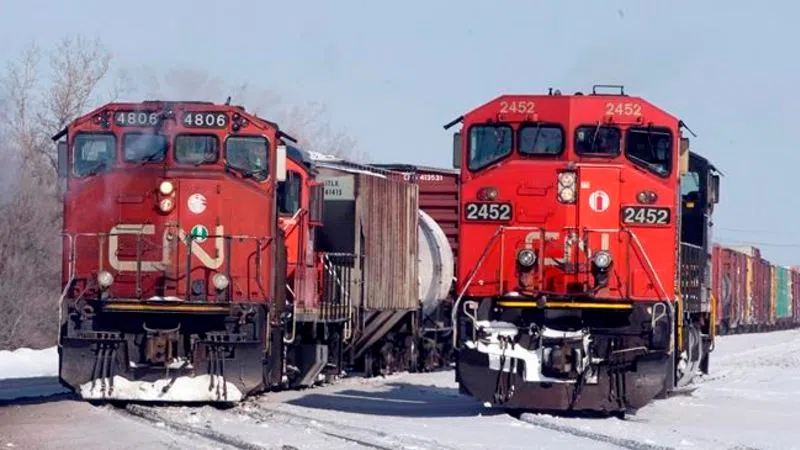
Feds lay out proposed new rules for voice, video recorders in locomotives
OTTAWA — The federal Liberals have laid out their proposal for rules around voice and data recorders on locomotives, specifying when companies can use the devices to address safety concerns and how workers’ privacy will be protected.
Legislation passed by Parliament required the government to come up with regulations for the recorders, which are similar to “black boxes” on airplanes.
Transport Canada wants to limit companies’ uses of the recorders’ data to instances where there is reason to believe that crew activities led to a collision or derailment or similar incident and only to a small window of time.


